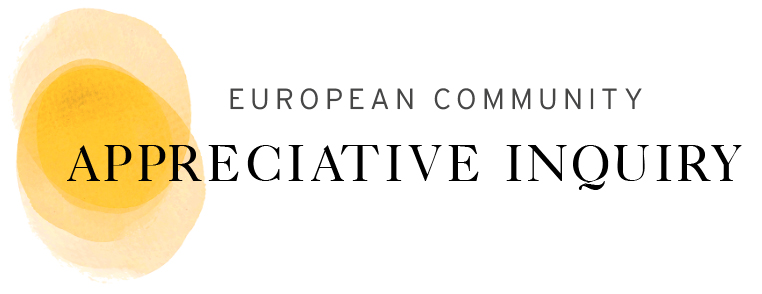It’s a story of creating consciousness, gender roles, and staying away from the guilt-question. Let me start with a bit of context. I come from Germany, a culture, that I learned in my studies on intercultural psychology, scores high on the dimension masculinity. Until I had heard about the work of Hofstede and McCrae on Cultural Dimensions, I was not even aware of that and back then, I also could not really feel what it meant in my life. However, after having lived my first year in the Netherlands about 1 year ago, I started understanding this concept of a more feminine vs masculine culture better. Because the more feminine, dutch culture allowed me to become more and more aware what I had suppressed in myself before, in order to achieve my career and personal goals. I always had taken extreme care, that I look professional (short haircut, blazer, no feminine dresses at work), did my work in a disciplined, goal-oriented way, find rational explanations for mostly all of my decisions, and was very cautious of not sharing anything that would reveal my feminine qualities in the work place. That’s how I grew up. That’s how every women showed me how to succeed in the work place.
It was with a date that I had 1,5 years ago where this handsome man asked me why I didn’t let my hair grow longer, that I realized by listening to my own answer that I always had assumed that the same unwritten rules about success in career would apply here in the Netherlands too. I wondered whether I could actually let them go and question them. When doing so, I was first stunned, a bit surprised and then got very curious.
And when I finally started my discovery journey about masculine and feminine values and principles, about where they come from and what role they play in our societies, how we value them differently and have brought them into a hierarchy which effects consciously or subconsciously how we also value the work of men and women, I felt a massive rage arising. Rage about how I could have suppressed such an important, powerful part of myself for the last decades, that the women before me did the same in order to keep the peace in the house and their children safe. I was enraged how in my culture showing feminine qualities was perceived as weak, but showing too much masculine qualities as a woman got you the title as „a bitch“. And it outraged me how men were trained to look for status, domination and not showing any softness. It took me a year of soul searching, hard inner work and the search for literature that helped me to find a constructive way of dealing with this tension. But I found it in the work of C.G.Jung and a storyteller called Claudia Pinkola-Estes around archetypes. Discovering the word and the meaning of archetypes was a big revelation for me. The concept of archetypes assumes that we all have, are confronted with and invited to learn how to deal with powerful parts in our psyche. Archetypes are not just influencing my perception and behavior (if I am not aware of them) but the collective behaviour. They surface when we feel strong emotions, an intuitive hunch, an instinct. They are lingering under the surface of our consciousness. There are many archetypes: the mother- and the father archetype, the seducing Aphrodite, the nurturing Demeter, the angry war-loving Mars. We recognize them in Greek, Roman or Egyptian goddesses and gods – only that we don’t belief in and pray to them anymore. But they are actually extremely helpful even todaynif we realize that, once we are aware of them, they are helping us to deal with the tension within ourselves and not to project the tension on other people around us.
To go back to my story of rage about me suppressing my feminine parts: recognizing and acknowledging that I don’t have to blame „the men“ or a specific man for the suppression that I and other women have felt is such a powerful relief for me. To stay in the language of the ancient gods and goddesses: it’s just Zeus, Mars and their brothers took a bit too much space in my Olymp (and maybe also in the Olymp of the German society) and that the female goddesses should get their spots now too. I don’t have to feel guilty or let anybody else feel guilty. I can just acknowledge that there was an imbalance for me in how my feminine and masculine parts were given power in my psyche and now I can redistribute power in a new way, that works better for me, and that makes me a better human.
Words create worlds. The word and concept of the archetype opened the doors to a more peaceful and balanced world for me.
